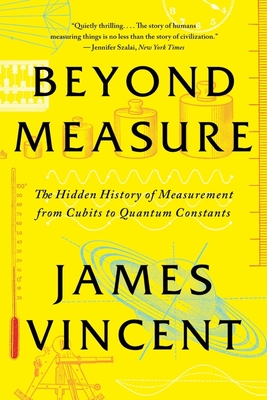
Mars Wars: The Rise and Fall of the Space Exploration Initiative (NASA History)
Description
Mars Wars: The Rise and Fall of the Space exploration Initiative investigates one of the most important chapters in the history of the space program. This is a story of bureaucratic infighting, personality clashes, cultural struggles, and a deeply flawed policy that ultimately doomed an effort to provide direction to a directionless agency by sending humans to the red planet. On the 20th anniversary of the first human landing on the Moon, President George H.W. Bush stood atop the steps of the National Air and Space Museum in Washington, D.C. and proposed a long-range human exploration plan that included the successful construction of an orbital space station, a permanent return to the Moon, and a mission to Mars. This enterprise became known as the Space Exploration Initiative (SEI). The president charged the newly reestablished National Space Council with providing concrete alternatives for meeting these objectives. To provide overall focus for the new initiative, Bush later set a thirty-year goal for a crewed landing on Mars. Within a few short years after this Kennedyesque announcement, however, the initiative had faded into history the victim of a flawed policy process and a political war fought on several different fronts. The story of this failed initiative was a tale of organizational, cultural, and personal confrontation by key protagonists and critical battles. Some commentators have argued that SEI was doomed to fail, due primarily to the immense budgetary pressures facing the nation during the early 1990s. The central thesis of Mars Wars: The Rise and Fall of the Space Exploration Initiative suggests, however, that failure was not predetermined. Instead, it was the result of a deeply flawed decision-making process that failed to develop (or even consider) policy options that may have been politically acceptable given the existing political environment.

